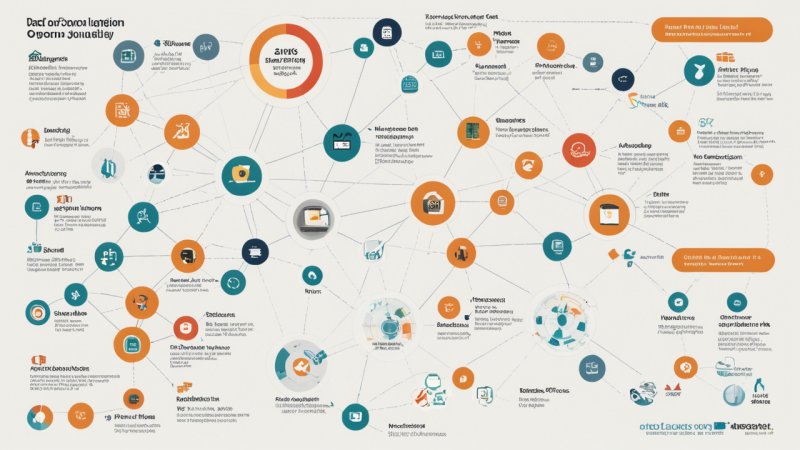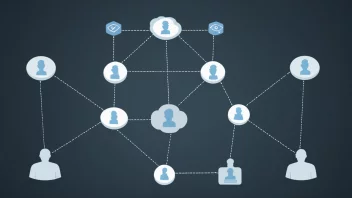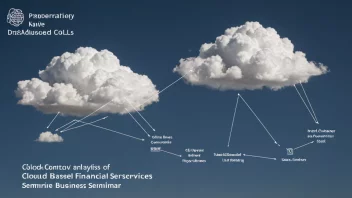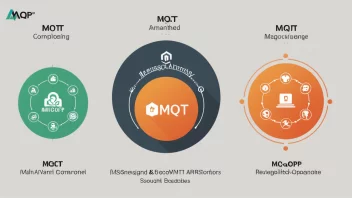In today's rapidly evolving digital landscape, data journalism has emerged as a vital tool for uncovering truths and enhancing public discourse. Open source tools play a pivotal role in this field, offering journalists and researchers the ability to analyze, visualize, and present data effectively. In this article, we will explore key open source tools that are transforming data journalism, their applications, and the benefits they bring to the industry.
Data journalism combines traditional journalistic practices with data analysis, enabling reporters to tell compelling stories backed by evidence. Open source tools like OpenRefine, Tableau Public, and R have become invaluable resources for journalists seeking to work with large datasets. These tools are not only cost-effective but also foster collaboration and innovation within the journalism community.
OpenRefine, formerly known as Google Refine, is an open source tool for working with messy data. Journalists can use it to clean, transform, and extend datasets before analysis. For example, a journalist investigating crime statistics might use OpenRefine to standardize entries, eliminating discrepancies in naming conventions or formats. This ensures that the data is accurate and reliable, which is crucial for credible reporting.
Another powerful tool is Tableau Public, which allows users to create interactive visualizations and dashboards. This capability is especially important for journalists who want to present data in an engaging way. A case study of the New York Times using Tableau demonstrates how visual storytelling can enhance reader engagement and comprehension. By turning complex data into intuitive graphics, journalists can communicate their findings more effectively.
The programming language R is also a cornerstone of data journalism. With its extensive library of packages designed for statistical analysis and data visualization, R empowers journalists to conduct in-depth analyses. A notable example is the use of R in election coverage, where journalists analyze voting data to uncover trends and anomalies, providing deeper insights to the public.
Moreover, the collaborative nature of open source tools allows journalists to share their work, contribute to existing projects, and learn from one another. Platforms like GitHub enable teams to manage their code and collaborate on data-driven projects. This openness not only enhances transparency but also encourages innovation, as journalists can collectively build upon the tools and resources available to them.
In conclusion, open source tools are revolutionizing data journalism by providing journalists with the necessary resources to analyze and visualize data effectively. Tools like OpenRefine, Tableau Public, and R empower journalists to tell data-driven stories that inform and engage the public. As the field continues to evolve, embracing these tools will be essential for journalists aiming to maintain credibility and relevance in the digital age.






